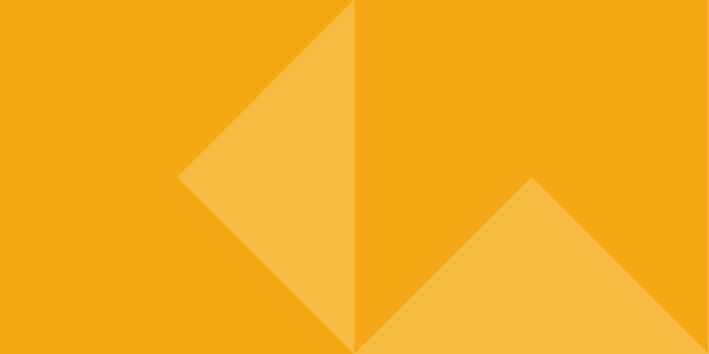Many years ago I read A.S. Byatt's The Game - a novel about two sisters and the rivalry between them. The book asked questions about the rights of a writer to blur the line between fact and fiction: when could you use your family in your book and when did you have to start inventing? I don't know if Julie Myerson has read A.S. Byatt, but I think she should rush out to buy The Game. Myerson is a British journalist, TV personality and novelist whose latest literary feat, The Lost Child, has been causing headlines this week.
Her book is about her son's addiction to cannabis and how this led to violent behaviour within the family. Myerson's son is angry at his mother for publishing a book about him against his wishes: "She's a writer and like a lot of writers she is wrapped up in her own world - even if the worlds they are creating aren't quite true, they become true to them anyway". Furthermore, it turns out that Julie Myerson has been writing anonymous (and intimate) columns about her children in the Guardian for years - without telling her children.
The Times has dubbed it "the chattering classes version of Heat Magazine". The Guardian is not sure Julie Myerson should have published the book. BBC's Jeremy Paxman interview with Myerson is perhaps the most damning: "You seriously thought you could publish a book detailing your son's drug use, and his identity wouldn't get out?" "Well...I may have been a bit naive about that..." Ouch.
Still, Julie Myerson has not written the worst book ever to come out of her household (maybe just the most thoughtless and self-indulgent) as her partner Jonathan Myerson wrote Noise which is one of the three worst books I have ever read in my entire life (and I have read Judith Krantz' Scruples; I liked Krantz better).
Speaking of books, I'm halfway through Anne Donovan's Being Emily. So far it is disappointing me somewhat.
